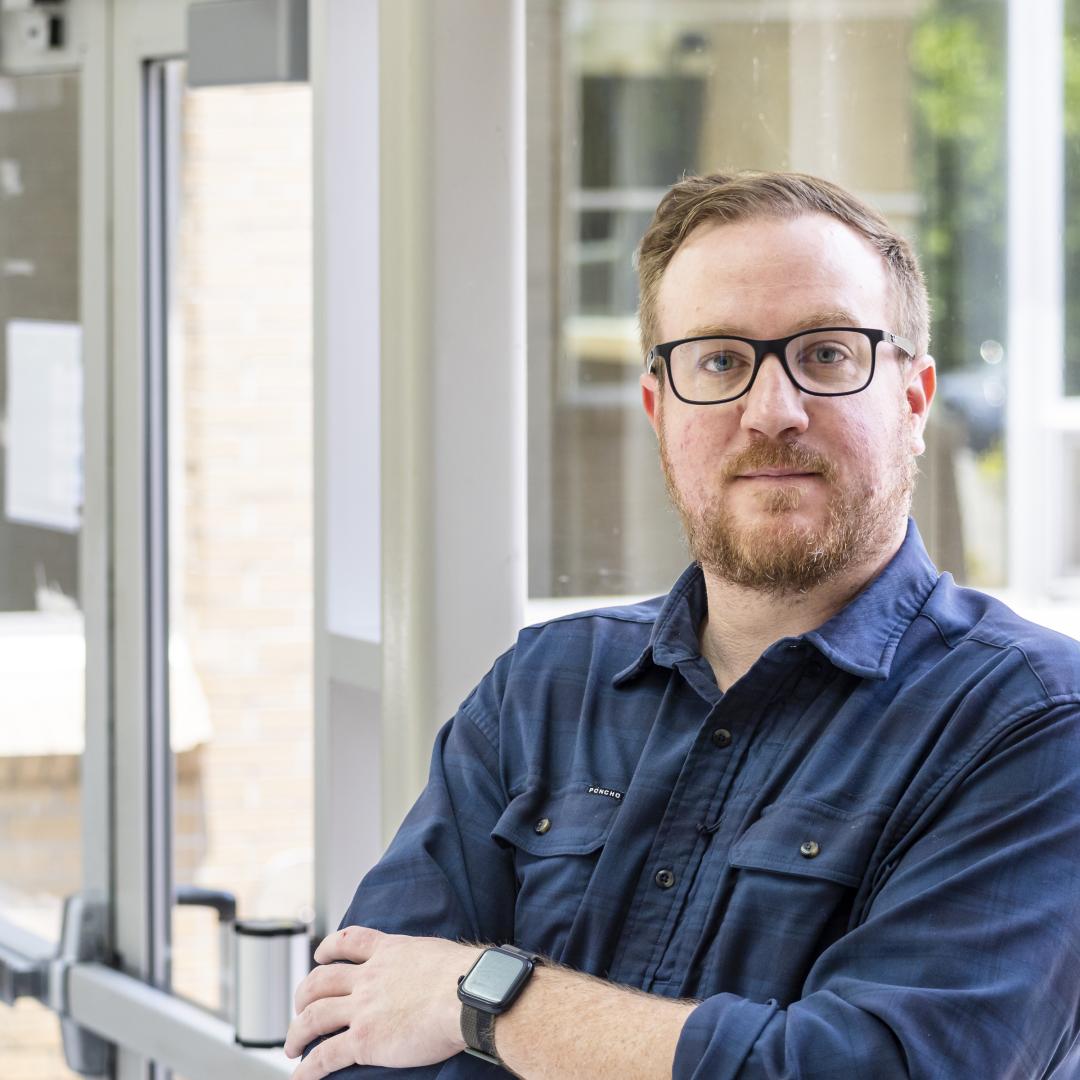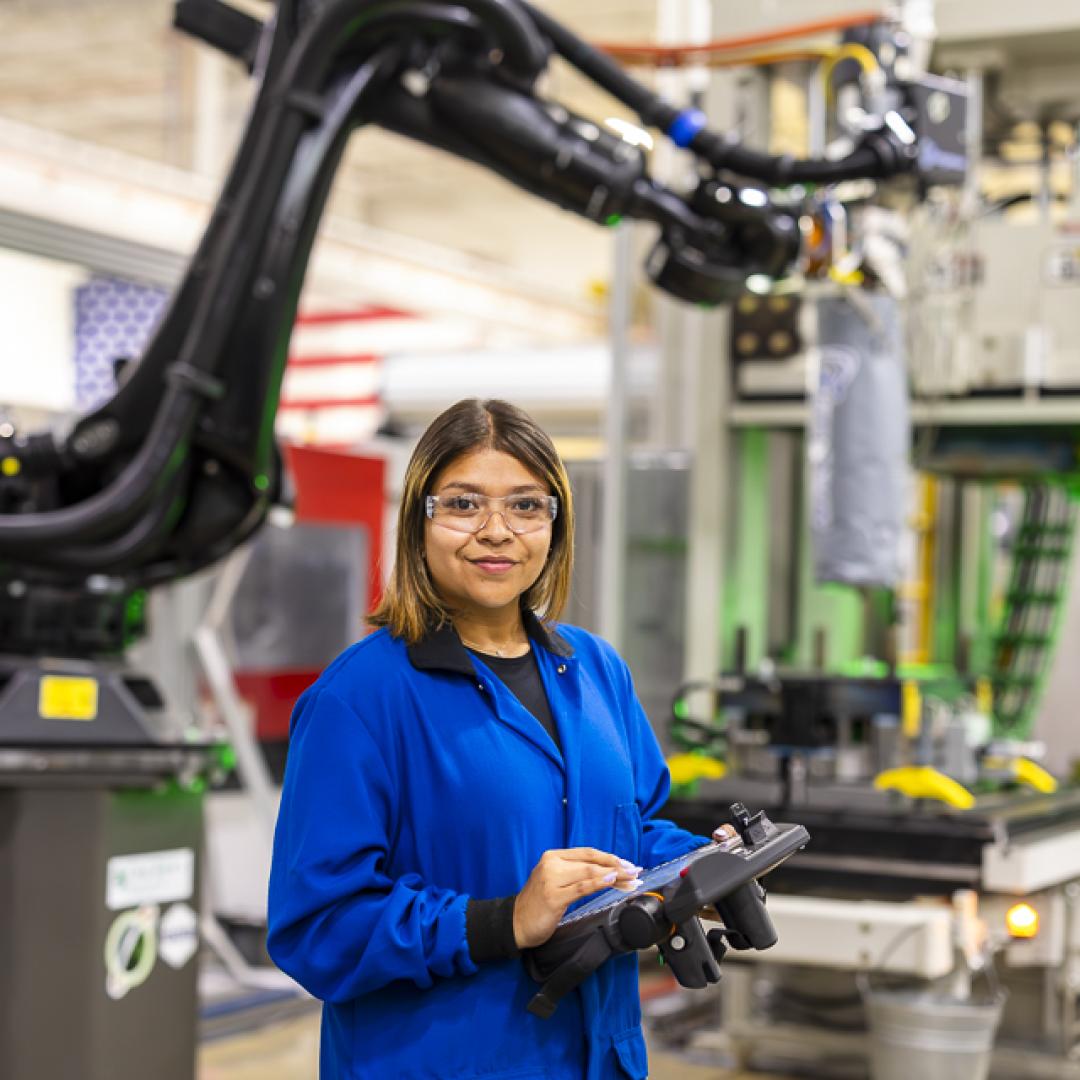
Filter News
Area of Research
News Topics
- (-) Molten Salt (8)
- (-) National Security (65)
- (-) Quantum Computing (35)
- 3-D Printing/Advanced Manufacturing (124)
- Advanced Reactors (34)
- Artificial Intelligence (94)
- Big Data (57)
- Bioenergy (92)
- Biology (100)
- Biomedical (59)
- Biotechnology (22)
- Buildings (57)
- Chemical Sciences (66)
- Clean Water (30)
- Climate Change (101)
- Composites (28)
- Computer Science (192)
- Coronavirus (46)
- Critical Materials (27)
- Cybersecurity (35)
- Decarbonization (80)
- Education (4)
- Element Discovery (1)
- Emergency (2)
- Energy Storage (109)
- Environment (196)
- Exascale Computing (38)
- Fossil Energy (6)
- Frontier (43)
- Fusion (55)
- Grid (65)
- High-Performance Computing (87)
- Hydropower (11)
- Irradiation (3)
- Isotopes (53)
- ITER (7)
- Machine Learning (48)
- Materials (144)
- Materials Science (141)
- Mathematics (9)
- Mercury (12)
- Microelectronics (3)
- Microscopy (51)
- Nanotechnology (60)
- Net Zero (14)
- Neutron Science (131)
- Nuclear Energy (109)
- Partnerships (46)
- Physics (62)
- Polymers (33)
- Quantum Science (69)
- Renewable Energy (2)
- Security (24)
- Simulation (49)
- Software (1)
- Space Exploration (25)
- Statistics (3)
- Summit (58)
- Sustainable Energy (129)
- Transformational Challenge Reactor (7)
- Transportation (97)
Media Contacts

A team of researchers including a member of the Quantum Science Center at ORNL has published a review paper on the state of the field of Majorana research. The paper primarily describes four major platforms that are capable of hosting these particles, as well as the progress made over the past decade in this area.
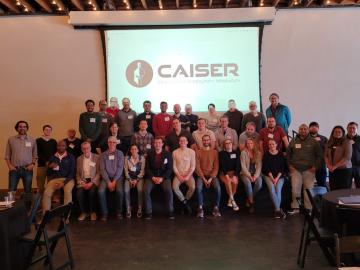
Researchers at the Department of Energy’s Oak Ridge National Laboratory met recently at an AI Summit to better understand threats surrounding artificial intelligence. The event was part of ORNL’s mission to shape the future of safe and secure AI systems charged with our nation’s most precious data.

Joseph Chapman, a research scientist in quantum communications at ORNL, was given the Physical Review Applied Reviewer Excellence 2024 award for his work as a peer reviewer for the journal Physical Review Applied.
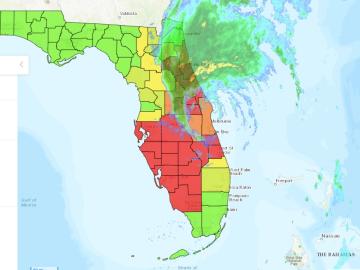
ORNL researchers have produced the most comprehensive power outage dataset ever compiled for the United States. This dataset, showing electricity outages from 2014-22 in the 50 U.S. states, Washington D.C. and Puerto Rico, details outages at 15-minute intervals for up to 92% of customers for the eight-year period.
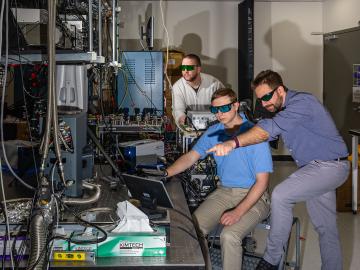
ORNL scientists are working on a project to engineer and develop a cryogenic ion trap apparatus to simulate quantum spin liquids, a key research area in materials science and neutron scattering studies.
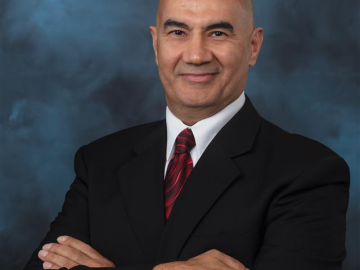
Mohamad Zineddin hopes to establish an interdisciplinary center of excellence for nuclear security at ORNL, combining critical infrastructure assessment and protection, risk mitigation, leadership in nuclear security, education and training, nuclear security culture and resilience strategies and techniques.
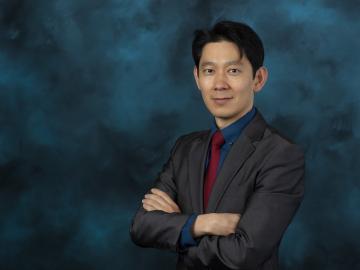
Researchers at ORNL are using a machine-learning model to answer ‘what if’ questions stemming from major events that impact large numbers of people. By simulating an event, such as extreme weather, researchers can see how people might respond to adverse situations, and those outcomes can be used to improve emergency planning.
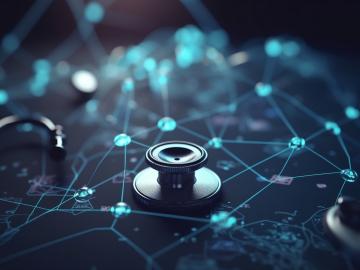
To balance personal safety and research innovation, researchers at ORNL are employing a mathematical technique known as differential privacy to provide data privacy guarantees.
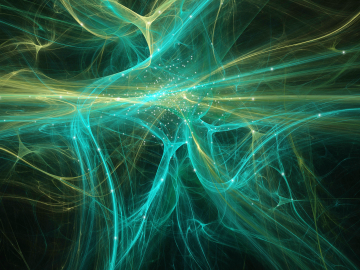
Researchers simulated a key quantum state at one of the largest scales reported, with support from the Quantum Computing User Program, or QCUP, at ORNL.
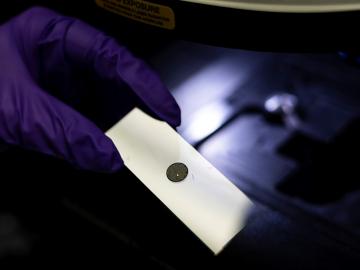
Nuclear nonproliferation scientists at ORNL have published the Compendium of Uranium Raman and Infrared Experimental Spectra, a public database and analysis of structure-spectral relationships for uranium minerals. This first-of-its-kind dataset and corresponding analysis fill a key gap in the existing body of knowledge for mineralogists and actinide scientists.


